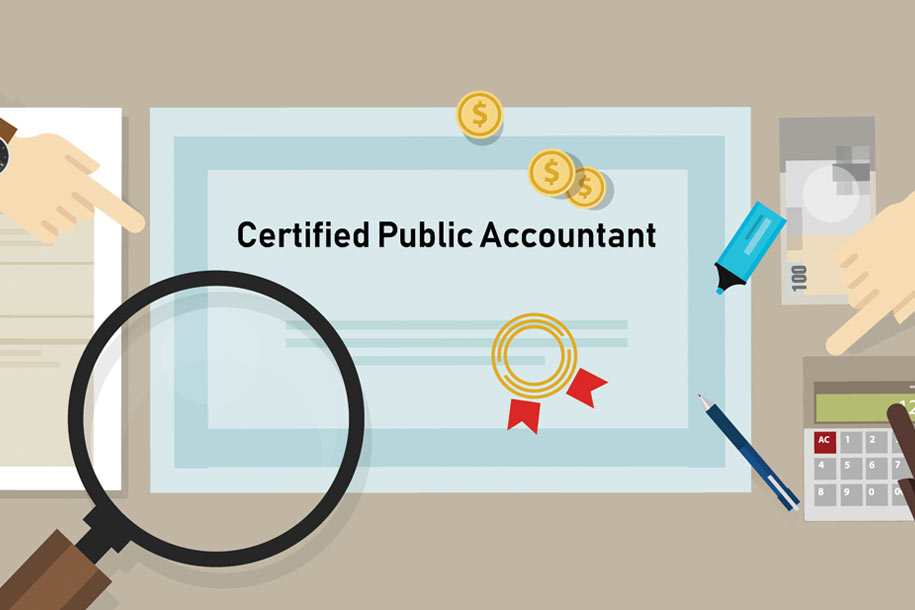Whether you need assistance compiling financial statements, help filing taxes, or just want a financial advisor, choosing the right Utah CPA can be highly beneficial to your business. Since every accountant has different qualifications, interests, and specialties, how do you find the best one? Which criteria should you use to separate wheat from chaff?
To land the best Salt Lake City accountant, you must ask the right questions. For instance, what kind of experience and reputation does your prospective accountant have? Which accounting services does your small business need? What billing structure does the potential accountant use for his or her services?
Now that you’ve known some of the questions to ask to get the best small business CPA, let us now look at the other factors to consider:
Qualifications
One of the most important factors to consider when in the market for a Salt Lake City accountant is qualifications. If you’re looking for someone to handle only your small business’ bookkeeping, analysis, and financial statements, then a non-certified account will do.
Nevertheless, if you need a professional to handle returns preparation and tax advice, it’s prudent to settle for one who is licensed and certified.
Ensure that your prospective accountant has an undergraduate degree. Additionally, he or she must have met the experience and exam requirements for state certifications.
Fees
You must ask about this upfront. While some accountants charge by the hour, others work on a retainer (monthly). It’s wise to get several quotes from different accountants. Get a rough estimate of the yearly charges based on the specific services you’ve discussed.
Reference Checks and Interviews
As a small business owner, you can’t afford to make mistakes when hiring an Utah CPA. Remember that he or she will have access to your business’ proprietary information such as records and books. Consequently, it’s paramount that you take your time to interview the individual candidates.
Ascertain whether the professional has experience in your industry, software sophistication, and size of company.
Finally yet importantly, you need to check references. If you want to know how an accounting firm is then reading their testimonials will be a good tell. Your business colleague, banker, or even attorney are some of the people you can obtain a couple of referrals from. The other place you can check out profiles is with your state’s Society of Certified Public Accountants.
Location Shouldn’t Matter
Initially, having your accountant nearby was necessary. Today, because of technological advancements, location is a factor of the past. More accountants are now collaborating online. They’re utilizing cloud-based technology to effortlessly manage their business.
With cloud accounting, both you and the accountant can view and anylize identical real-time data simultaneously regardless of the location.
Depending on the needs of your business and how you need the CPA to handle your finances, he or she can be based anywhere worldwide.
Finding the best small business CPA isn’t easy. Actually, in the world of small businesses, it has turned out to be something like a running joke. However, armed with the right questions and selection criteria, landing a good one should be a walk in the park.

